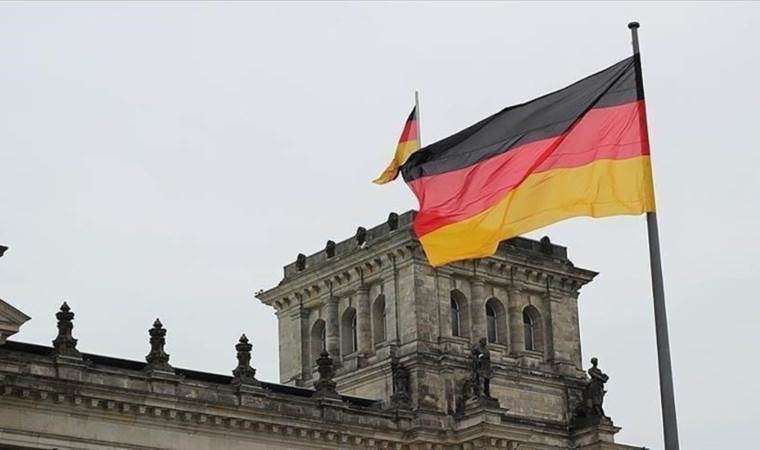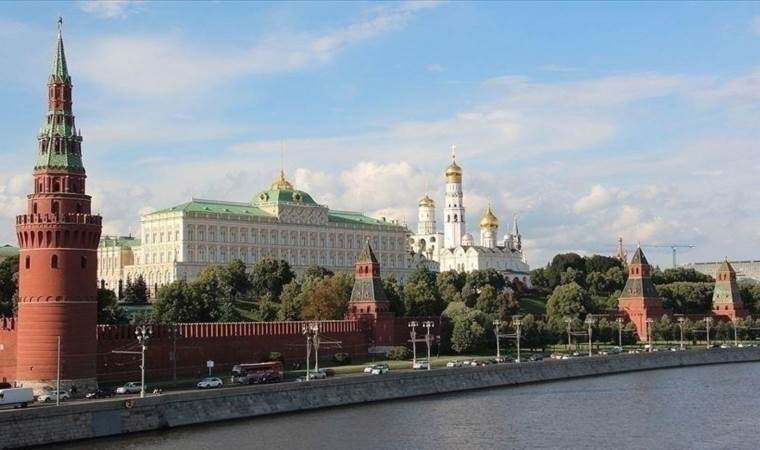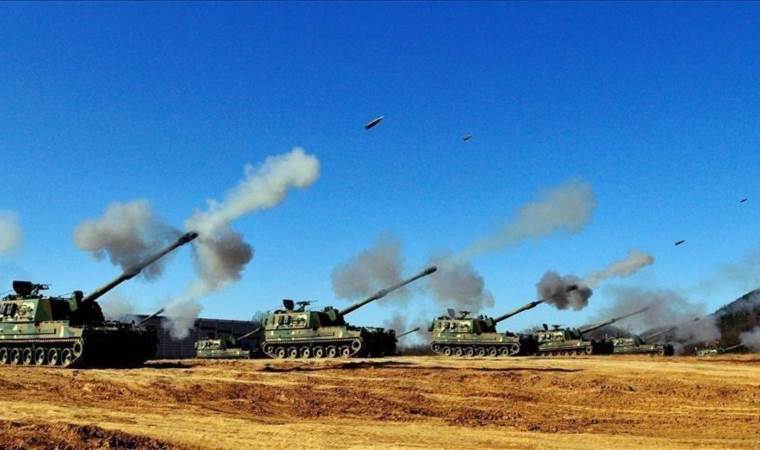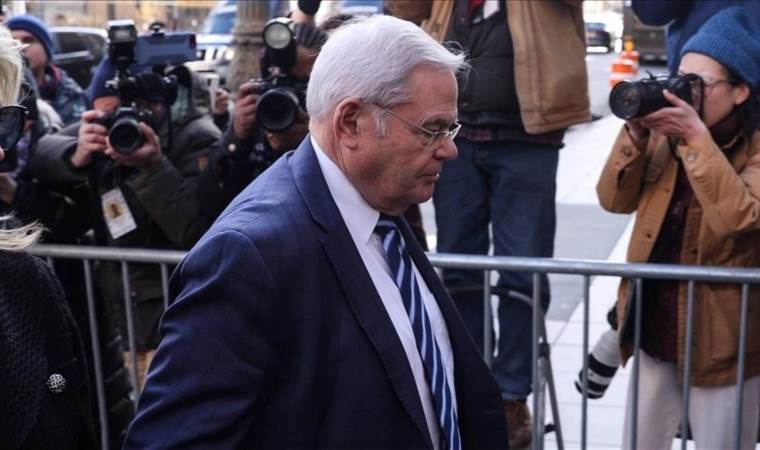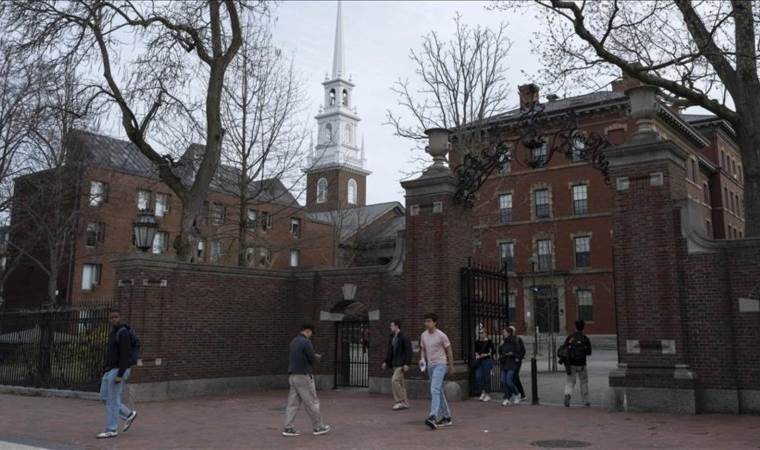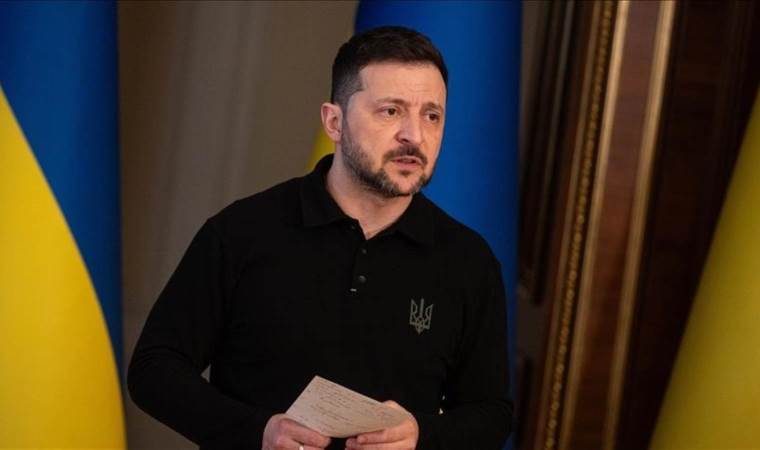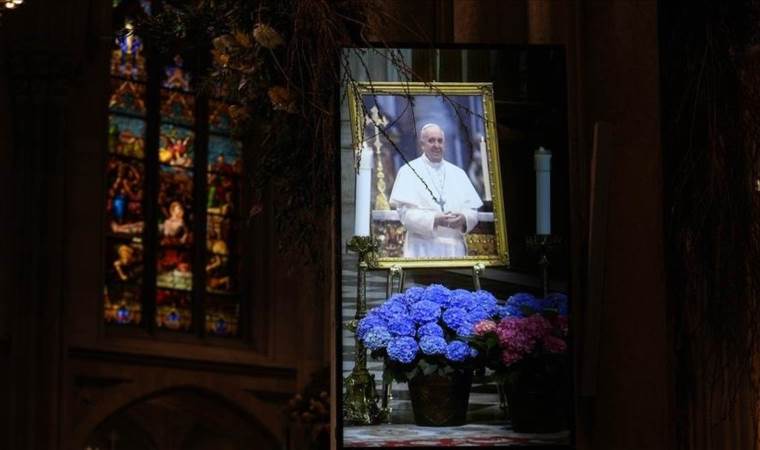Rising Racism in Football Stadiums linked to Neo-Fascist political views
The surge of racism and hate speech pervading Western societies is now infiltrating football stadiums, with an academic tracing this alarming trend to extreme right-wing and populist political ideologies. Professor Ahmet Talimciler, from the Department of Applied Sociology at Bakircay University in Turkey's Izmir province, elucidated the sociological underpinnings of mounting racism in football stadiums during an exclusive interview.
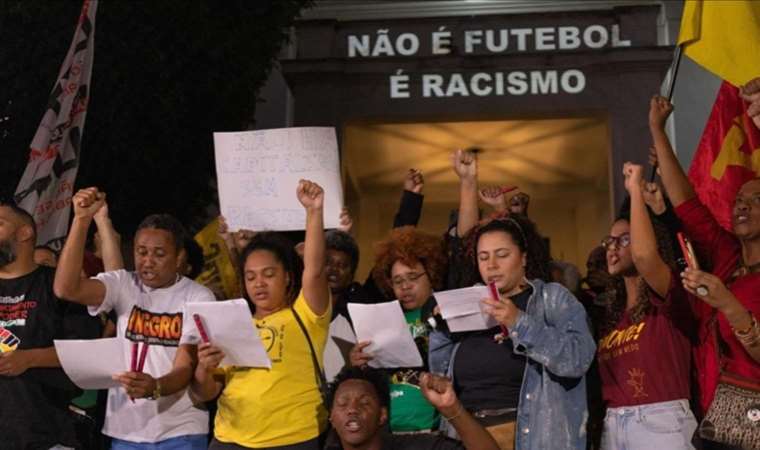
Talimciler underscored the widespread prevalence of racist attacks and hate speech within Western societies, identifying socio-political, cultural, and economic factors, alongside extreme right-wing and populist political perspectives, as corroding the world's most beloved sport.
The problem of racism and hate speech in football is intrinsically connected to a nation's sociocultural, economic, and political landscape. The dehumanization of players of color and different religions stems from a failure to perceive the opposing side as fellow humans, explained Talimciler.
Acknowledging the vital role of political, economic, and cultural dynamics inside stadiums, the academic urged against overlooking these aspects.
The same detrimental trend extends beyond football, as demonstrated by the remarks of Greek State Television announcer Alexandras Douvara. Douvara's description of the bodies of migrants discovered in the aftermath of forest fires as "good news" was deemed emblematic of neo-fascism—an ideology that devalues the 'other' and fosters racism.
Talimciler illuminated the increased visibility of racism when prominent football players are targeted. He recounted the racial slurs directed at Vinicius Junior, a Brazilian player for Real Madrid, during a match against Valencia. He also highlighted the targeting of Moroccan football players through both conventional and social media, despite their remarkable performance at the 2022 FIFA World Cup.
Neo-fascist sentiments, Talimciler stressed, predominantly target Africans and Muslim football players, making successful representatives of these groups even more repugnant to these neo-racists.
The academic invoked historical instances to highlight the roots of racism in football. He recounted how Italian reporters failed to recognize Ethiopian athlete Abebe Bikila's achievements during the 1960 Olympics and emphasized Jean-Marie Le Pen's rejection of African-origin players within the French national team during the 1998 World Cup.
Addressing recent events, Talimciler noted the inconsistency in tackling racism within football organizations. The disparity between the lenient treatment of Fenerbahce, who faced racist chants and police violence, and the penalties imposed on Maribor by UEFA for the same incident highlighted the need for a more resolute anti-racism stance.
While acknowledging that some country federations prioritize racism less than other issues, Talimciler implored clubs to join the fight against racism. He emphasized that universal values must guide efforts to eradicate racism from football, underscoring the sport's ability to unite individuals across boundaries. The professor concluded by stating, "The power to unite the masses resides in the values inherent in the sport—the realization that one cannot exist without their opponent/other."
Most Read News
-
 China integrates AI into undergraduate studies
China integrates AI into undergraduate studies
-
 South Korea, US to hold trade talks this week
South Korea, US to hold trade talks this week
-
 Germany cuts economic growth forecast to stagnation for
Germany cuts economic growth forecast to stagnation for
-
 6.3 magnitude earthquake strikes off Indonesia’s Talaud
6.3 magnitude earthquake strikes off Indonesia’s Talaud
-
 Kremlin says Putin open to talks on civilian strikes mor
Kremlin says Putin open to talks on civilian strikes mor
-
 South Korean military holds live-fire drills near inter-
South Korean military holds live-fire drills near inter-
-
 Wife of former US Senator Menendez found guilty in bribe
Wife of former US Senator Menendez found guilty in bribe
-
 Harvard University sues Trump administration over fundin
Harvard University sues Trump administration over fundin
-
 Zelenskyy demands Russian clarity over strikes on civili
Zelenskyy demands Russian clarity over strikes on civili
-
 Pope Francis' funeral to take place on April 26, Vatican
Pope Francis' funeral to take place on April 26, Vatican


